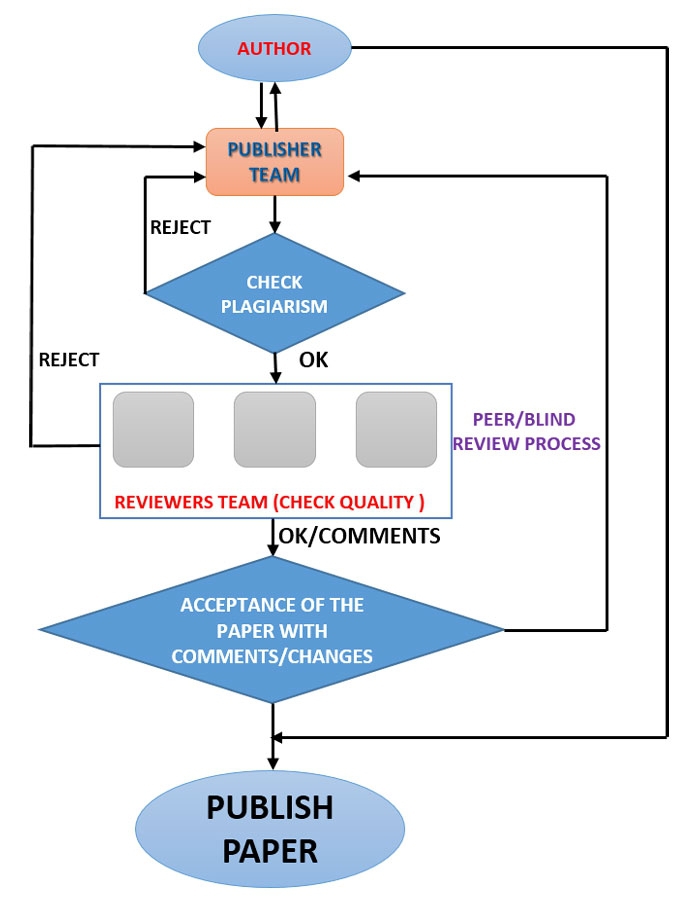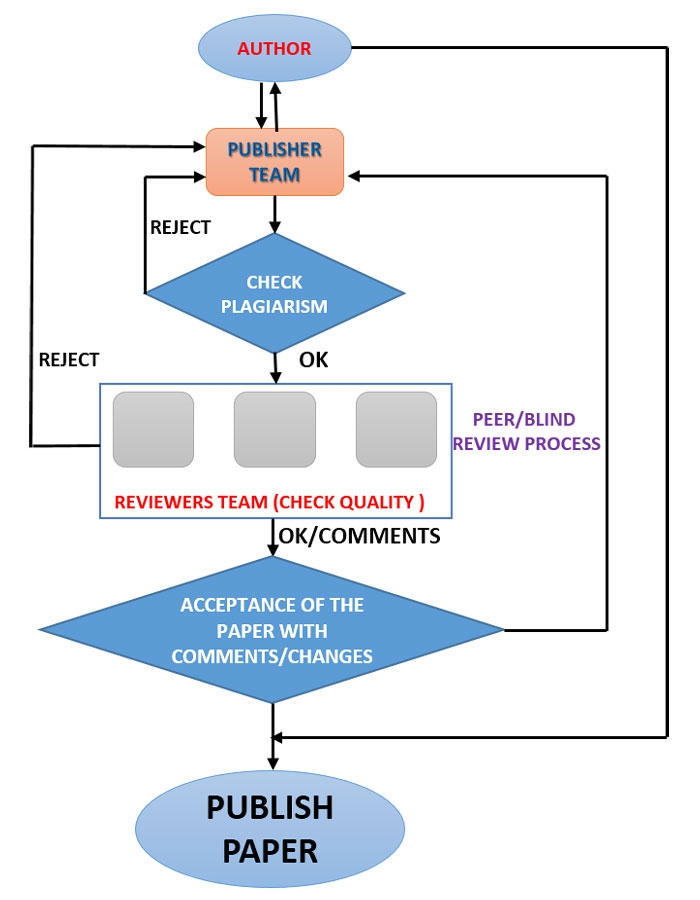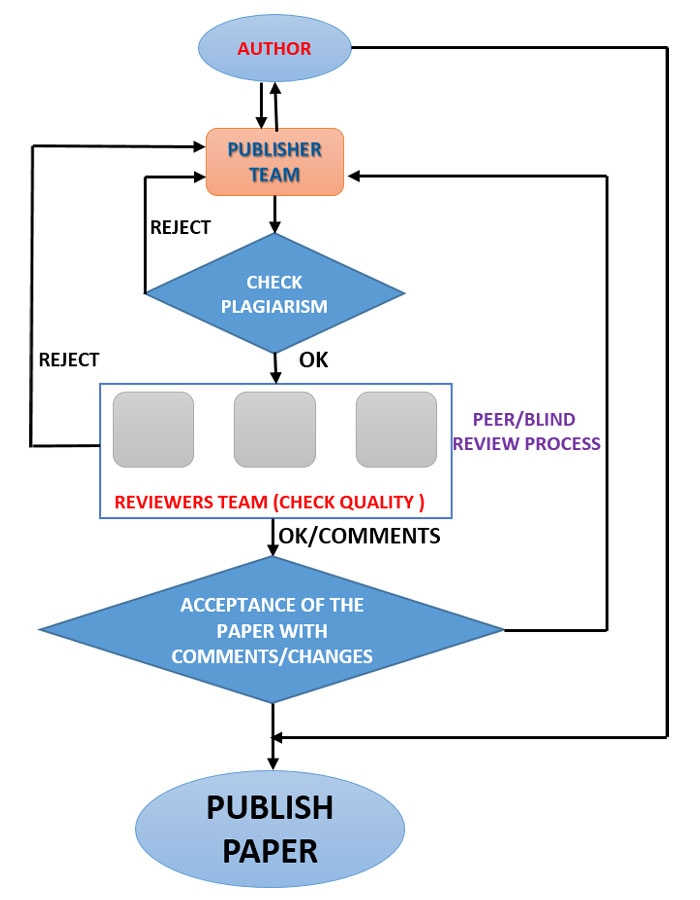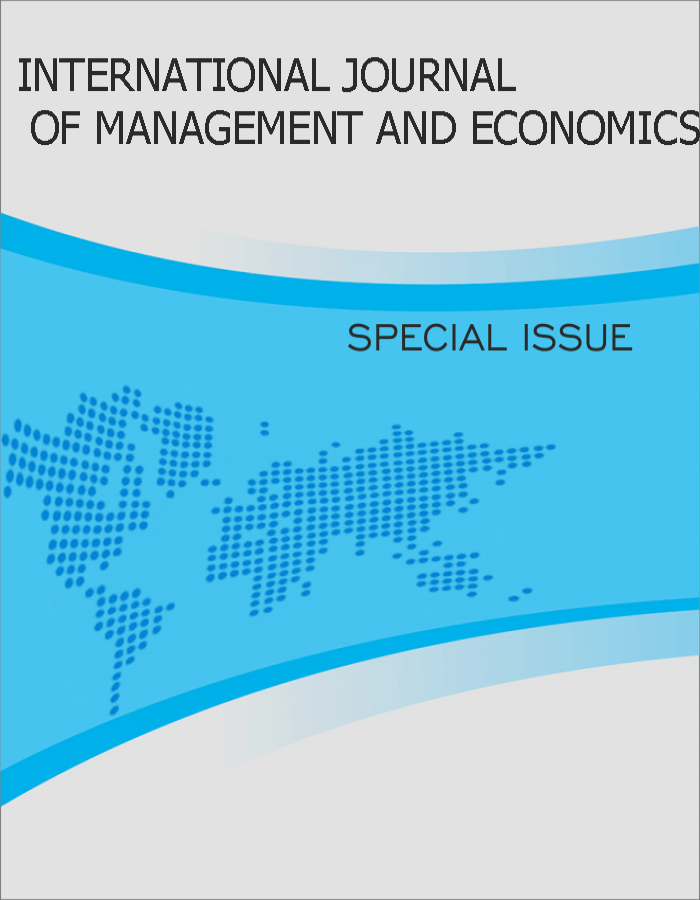
The practice of peer review is intended to ensure that only good science is published. As an objective method of guaranteeing excellence in scholarly publishing, it has been adopted by all reputable scientific journals. Our referees play a vital role in maintaining the high standards of the International Journal of Management and economics, which is why all incoming manuscripts are peer reviewed with below outlined following procedure. (For procedures regarding Special Issues, see the Note at the end of this document).
Initial manuscript evaluation
One of the Chief Editors first evaluates all submitted manuscripts. It is rare, but it is possible for an exceptional manuscript to be accepted at this stage. Manuscripts rejected at this stage are insufficiently original, have serious scientific flaws, have poor grammar or English language, or are outside the aims and scope of the journal. Those that meet the minimum criteria are normally passed on to at least two expert referees for reviewing.
Authors of manuscripts rejected at this stage will usually be informed within two weeks of receipt.
Type of peer review
The International Journal of Management and economics ‘double blind’ reviewing, in which the referees remain anonymous to the author(s) throughout and following the refereeing process, whilst the identity of the author(s) is likewise unknown to the reviewers.
How the referee is selected
Whenever possible, referees are matched to the paper according to their expertise. As our reviewer database is constantly being updated, we welcome suggestions for referees from the author(s), though such non-binding recommendations are not necessarily used.
Referee reports
Referees are asked to evaluate whether the manuscript:
- Is original as to thought and method (including data)
- Is methodologically sound
- Has results which are clearly presented and support the conclusions
- Correctly and exhaustively references previous relevant work
- Follows appropriate ethical guidelines, especially as concerns plagiarism
- Clearly adds to the knowledge and development of the field
Language correction is not part of the peer review process, but referees are encouraged to suggest corrections of language and style to the manuscript. In the final round, the handling Editor will check matters of linguistic and stylistic correctness, and may suggest or apply corrections at this point. In rare cases, the manuscript may be returned to the author(s) for a full linguistic and stylistic revision.
How long does the review process take?
The time required for the review process is dependent on the response of the referees. For the the International Journal of Management and economics, the typical time for the first round of the refereeing process is approximately 6 weeks, with a maximum of three months. Should the referees’ reports contradict one another or a report is unnecessarily delayed, a further expert opinion may be sought. In the rare cases when it is extremely difficult to find a second referee to review the manuscript, whilst the one referee’s extant report has thoroughly convinced the handling Editor, a decision to accept, reject or ask the author for a revision may be made, at the handling Editor’s discretion, on the basis of only one referee report. The handling Editor’s decision will be sent to the author with the referees’ recommendations, usually including the latter’s verbatim comments. As a rule, revised manuscripts are sent to the initial referees for checking; these may then request further revision.
Final report
A final decision to accept or reject the manuscript will be sent to the author along with the recommendations made by the referees, including (if applicable) the latter’s verbatim comments.
The Chief Editor's decision is final
Referees advise the Chief Editor, who is responsible for the final decision to accept or reject the article.




